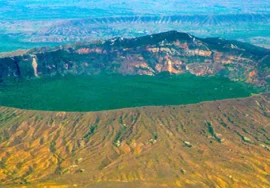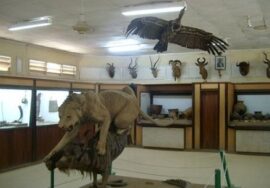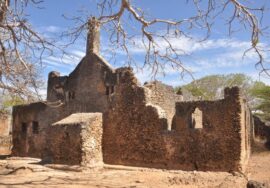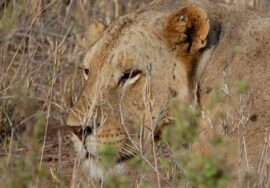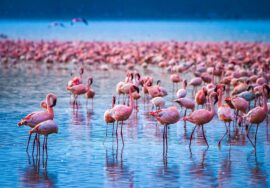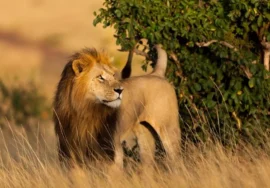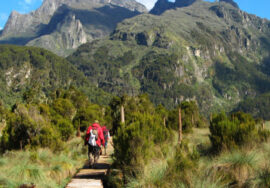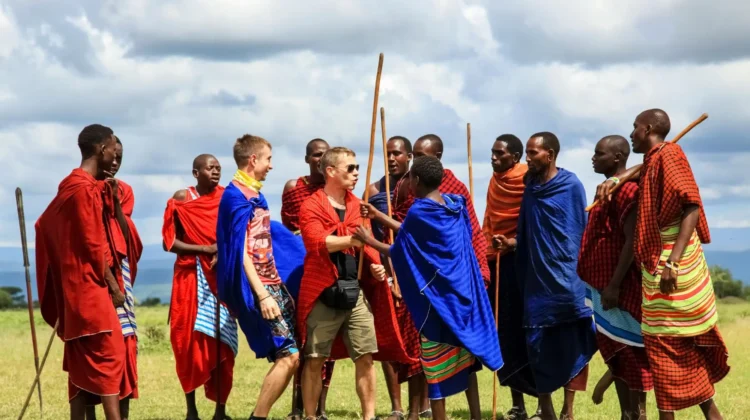
Maasai Community Partnership
Maasai Community Partnership, The Maasai people who live in the Amboseli-Tsavo area are from the Nilotic ethnic group. They came from Africa’s big river, the Nile, around the year 1500 AD. They ruled over almost the whole Eastern Rift Valley for 500 years.
They were fiercely independent and willing to fight. This let them live in peace with the seasons and the amazing wildlife in the area, where they roamed as semi-nomadic cattle herders. They treat their stock with almost religious reverence, which shapes a lot of their society and behavior.
But when European people came, they brought better tools and a need for land, which pushed the Maasai to the drier areas. The colonial government then set up game parks in places they didn’t want to or couldn’t tame, which was like adding insult to injury.
The Maasai were upset because they couldn’t get to the best places to graze and drink, as well as their usual hunting grounds. They still feel this way. The safari business has been like a new colonial power in some ways, saying that the land is a wildlife sanctuary that herders should be able to access. In the end, this is good for the land, but not for the native people who live there.
Several taxes are paid, or meant to be paid, to these people as compensation to help development, but so far it hasn’t worked out very well. However, in some places it has been “too little too late” as forward-thinking safari companies have started to form partnerships with nearby towns to help protect wildlife.
The conservancies in the Tsavo and Amboseli areas seem to be doing a good job. The Satao Elerai Conservancy is a great example of how a tour company and the local people can and should work together.
It is in the Kitenden Wildlife Corridor, a 5,000-hectare area that connects the Kilimanjaro Forest Reserve in Tanzania to Amboseli and then to Tsavo West National Park and Chyulu Hills National Park. Wildlife is free to move between these parks. Elerai Maasai people rent the lodge and land, and the business that runs it pays a proper rent plus bed fines and conservation fees into a trust for the environment.
The Maasai fought back hard against colonial rule, and they still do when the Kenyan government tries to get them to give up their native ways. Some things, like guns, steel, immigrants, or government orders, will change these proud people more than anything else.
In just one generation, young Maasai people, especially girls, will likely leave this society of men ruling, as well as the dusty villages where they raise cattle in this and other places.
For now, though, the Satao Elerai Conservancy and the Maasai community have a strong partnership. If it lasts, it will decide the long-term future of the people and animals in the area.


